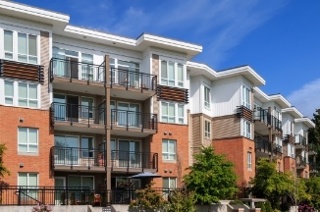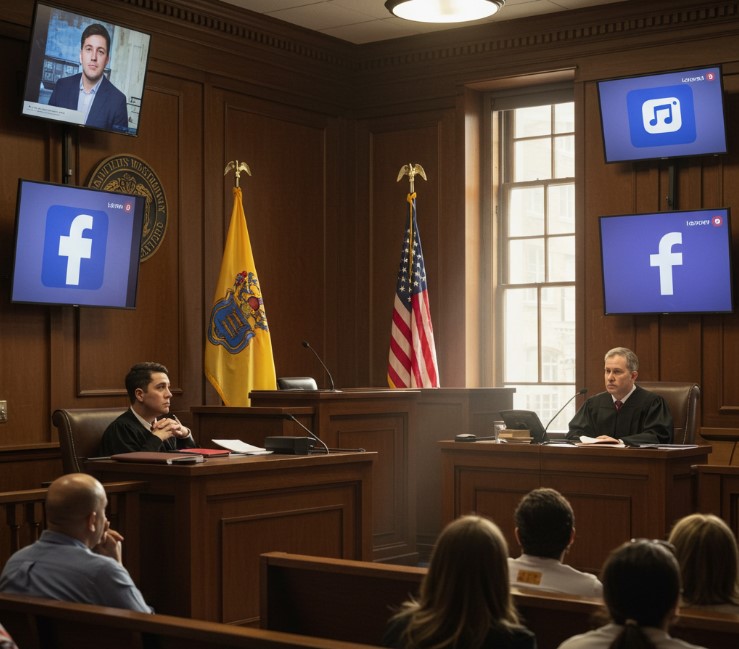A New Jersey court recently denied a condominium association’s application for attorney’s fees accrued during collection efforts because the association’s governing documents failed to expressly provide for those post-judgment fees.
In the United States, the general rule is that each party pays its own attorney’s fees, win or lose. One common exception to this rule occurs when a contract or statute specifically allows for the payment of attorney’s fees by the other side. Pursuant to the New Jersey Condominium Act, an association may impose late fees, interest, and reasonable attorneys’ fees against a delinquent unit owner’s account if expressly authorized by the master deed or by-laws.
On Oct. 7, 2015 the Appellate Division upheld an Ocean County trial judge’s rejection of a post-judgment collection fee requested by a condo association because the association’s documents did not expressly provide for post-judgment collection costs and fees, such as the costs associated with preparing and serving information subpoenas, pursuing wage executions, bank and rent levies, and post-judgment motions. Because this decision may impact a condo association’s right to post-judgment costs of collection, New Jersey associations may want to consider revising their governing documents to include such an express provision for post-judgment costs.
Associations are not entitled to post-judgment attorney’s fees unless the condominium documents expressly provide for post-judgment collection costs.
In Sylvan Glade Condominium Association, d/b/a Maple Leaf Park Association, Inc. v. Braude, the plaintiff association sought to amend the final default judgment previously entered against the defendant unit owner to include an award of post-judgment attorney’s fees in the association’s favor. The trial court concluded, however, that the provisions in the association’s governing documents which entitled it to collect “reasonable attorney’s fees” against a delinquent unit owner were insufficient authority for the court to award the association legal fees incurred exclusively in connection with its efforts to collect on the judgment. The Appellate Division affirmed the trial court’s determination that the judgment could not be amended to include post-judgment attorney’s fees since the condominium documents did not expressly provide for post-judgment collection fees.
Because the Sylvan Glade decision is unpublished, it is not binding case law but rather persuasive authority. Nevertheless, other courts may follow suit and refuse to award associations fees accumulated during collection efforts unless the condominium documents expressly provide for “post-judgment” costs.
It is unlikely that many associations contain language specifically entitling the association to “post-judgment” costs and fees. Instead, like Sylvan Glade, most condo associations likely have a general provision for legal costs and fees. Consequently, condo associations in this State may need to revise their governing documents to include an express provision for post-judgment costs of collection if they hope to recoup those additional sums.













